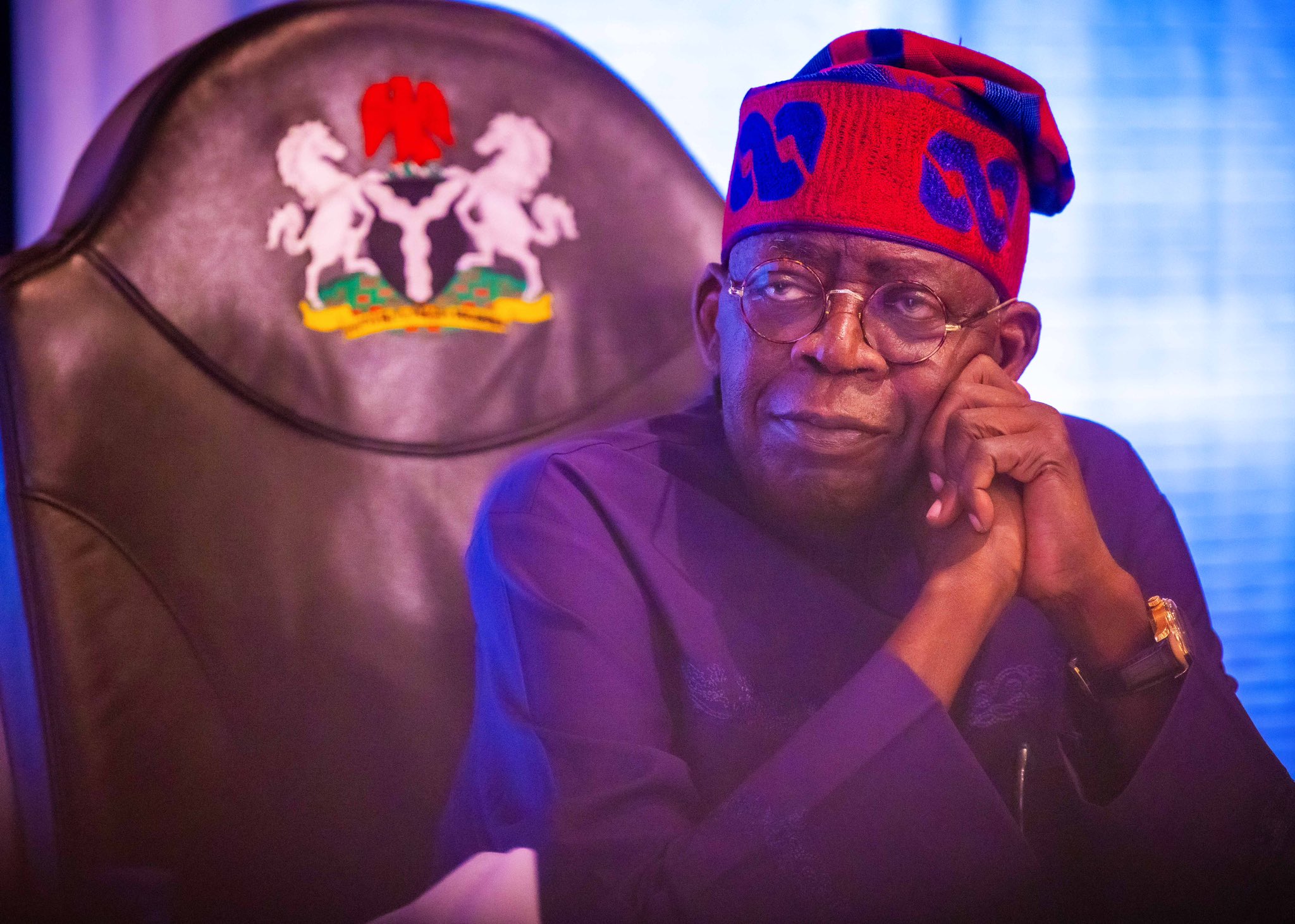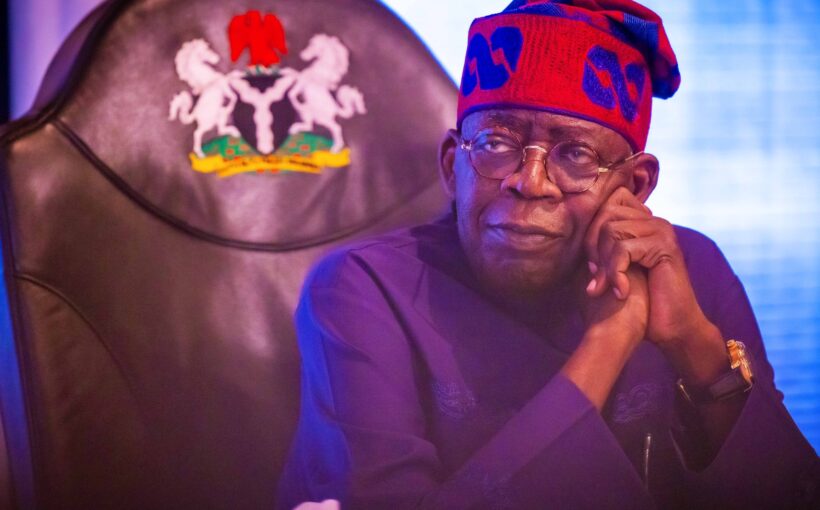
In an interview with Channels TV, the Minister of Education, Tijani Alausa announced that History would be restored as a compulsory subject in primary and secondary schools starting from 2025. He noted that this directive was given by President Bola Tinubu. While this marks a commendable step towards enhancing the standard and quality of education in Nigeria, several areas deserve our attention to ensure the subject’s successful reintegration and relevance.
Although History was removed from the curriculum in 2009 under the administration of late President Umar Yar’Adua, it is worth noting that the subject had its shortcomings even before its removal. Unfortunately, I am one of the many students who missed out on learning History during senior secondary school. My limited understanding of the country’s history came from reading notes borrowed from my older siblings and exploring online resources. However, as I read through those materials, it became glaringly obvious that the curriculum was heavily leaning towards one dimension: political history. While the political evolution of Nigeria is undoubtedly important, this narrow focus left significant gaps in students’ knowledge, particularly in areas such as culture, literature, and regional histories.
In my secondary school days, I often questioned why a subject like Government, which touches on civic and political systems, was only compulsory for Arts students. The history of a nation is a fundamental component of civic education and should be accessible to students across all academic disciplines. Understanding history allows individuals to juxtapose and draw parallels between the past, present, and future. It fosters critical thinking, helps students appreciate the roots of societal issues, and enables them to envision solutions grounded in historical context. For these reasons, I believe the government’s decision to reintroduce History is a step in the right direction. However, to truly maximise its impact, I believe the following recommendations should be considered:
Incorporate Women’s History
Women have played pivotal roles in shaping Nigeria’s history, yet their contributions are often overlooked in historical narratives. Women such as Funmilayo Ransome-Kuti, Queen Amina of Zazzau, and Ladi Kwali deserve to be prominently featured in the curriculum. Including women’s history will provide a more holistic view of the nation’s past and inspire young girls to see themselves as capable of making history. As I wrote here, “there seems to be an obliteration of women’s contribution to society, despite making up nearly half of the population” and extremely contributing to the history of Nigeria. Restoring the history subject is an important avenue to let the coming generations to learn the contribution of our women heroes.
Diversify Beyond Political History
Nigeria’s history is rich and multifaceted, encompassing cultural traditions, technological advancements, economic systems, and intellectual achievements across various regions and ethnic groups. While political history is significant, the curriculum should also delve into other areas that showcase the diversity and ingenuity of Nigeria’s people. Lessons could explore pre-colonial governance systems, culture, artistic traditions, and the histories of economic systems. This will expose that Nigeria’s identity is multicultural.
Evaluate and Update the Curriculum
The curriculum for History should undergo a comprehensive evaluation to identify its previous gaps and areas for improvement. Input from historians, educators, and cultural experts should guide this process to ensure the content is accurate, inclusive, and relevant to contemporary challenges. For example, integrating lessons on the Nigerian Civil War and the role of diasporic communities could help students connect historical events to modern realities.
Ensure Accessibility Across Disciplines
History should not be confined to specific streams of study. Making it a core subject for all students, regardless of their academic focus, will ensure that everyone has a foundational understanding of Nigeria’s past. This inclusivity will also promote national unity, as students from diverse backgrounds learn about shared histories and collective struggles.
The reintroduction of History into the school curriculum offers an opportunity to correct past oversights and reshape how Nigerian students engage with their heritage. By broadening the scope of the subject, incorporating diverse perspectives, and adopting innovative teaching methods, the government can ensure that History becomes not just a subject, but a way of national development. This effort, if implemented thoughtfully, has the potential to create a generation of informed citizens who are proud of their roots and equipped to contribute meaningfully to the nation’s future.
The post Considerations for the Nigerian Government on Reintroducing History Education appeared first on BellaNaija – Showcasing Africa to the world. Read today!.



